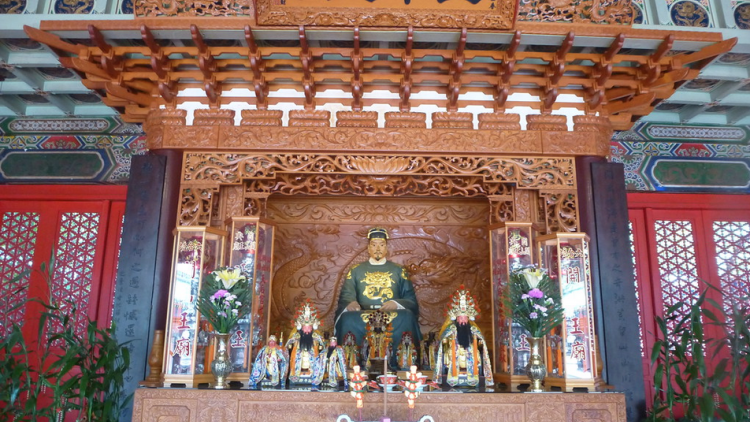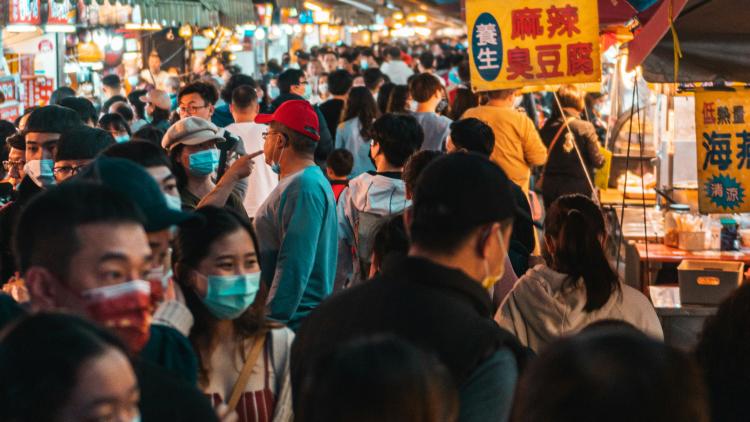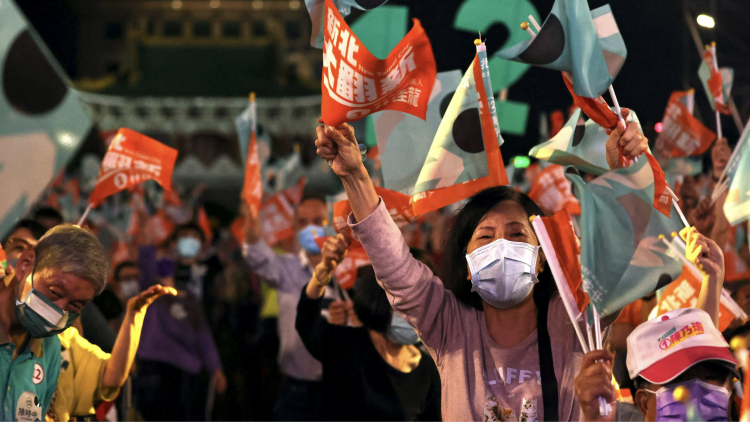
Revolutionary Taiwan: Making nationhood in a changing world order

Key information
- Date
- Time
-
7:00 pm to 9:00 pm
- Venue
- Main Building, SOAS University of London, 10 Thornhaugh St, London WC1H 0XG
- Room
- R201
- Event type
- Lecture
About this event
This is a book talk based on the recent publish monograph, Revolutionary Taiwan: Reimagining Nationhood in a Changing World Order.
Since the early 1990s, when people living in Taiwan achieved the right to freely vote for their executive and legislature, there has been a tidal change in how they view themselves and where they live. The outcome of democratization has been nothing less than revolutionary, producing a new, de facto nation and people that can be justly called “Taiwanese”.
The imperatives of great power politics in the era of increasing US-China rivalry mean that this revolution remains unacknowledged globally. The People’s Republic of China (PRC) claims sovereignty over Taiwan and insists that “reunification” is the historic mission of all peoples on both sides of the Taiwan Strait.
The PRC threatens war with and over the island, inviting a crisis that would engulf the region and beyond. Any glib judgement that the “Taiwan problem” would slip from view with “reunification” and the “rise of China” has never been less convincing.
Taiwan remains mis-recognized and misunderstood globally, just at the moment when Taiwanese themselves are coming into a clearer sense of their identities and accomplishments. The most common frameworks bandied about in international discourse about Taiwan – that it “split with China in 1949” or “sees itself as the true China” – fail to explain anything at all about why Taiwanese have withstood consistent pressure from the PRC to give up their democratic self-governance and their hopes for diplomatic normalization.
Each chapter of our book provides the reader with a new framework that explains why democratization in Taiwan constituted a revolution, changing not just the form of government over the island but also how Taiwanese people conceptualized the land they lived on, as a whole and complete nation unto itself.
Our book also discusses the reasons why this revolution remains unfinished and contingent, as Beijing’s power and the disproportionate leverage that large states exercise within the international system block off the “normal” endpoint of a revolution: an open declaration of statehood and welcome into the global community.
*All SOAS Centre of Taiwan Studies events are open to all and there is no need to register.
Image credit: Artemas Liu, CC BY 2.0, via Wikimedia Common
Meet the speaker
Dr Catherine Chou
Catherine Chou is a historian of early modern European political theory and culture. At heart, her work is concerned with dueling visions of the 'common wealth' and ideal society, and the ways in which men and women living in an age of religious conflict and dynastic uncertainty tried to make these visions a reality.
Her current book project, 'Parliament in the European Political Imagination, 1550-1600', tells the story of how representative institutions became the objects of high-stakes political experimentation and innovation in the post-Reformation era by exiles, religious minorities, rebels, and establishment figures alike competing for control of church and state.



